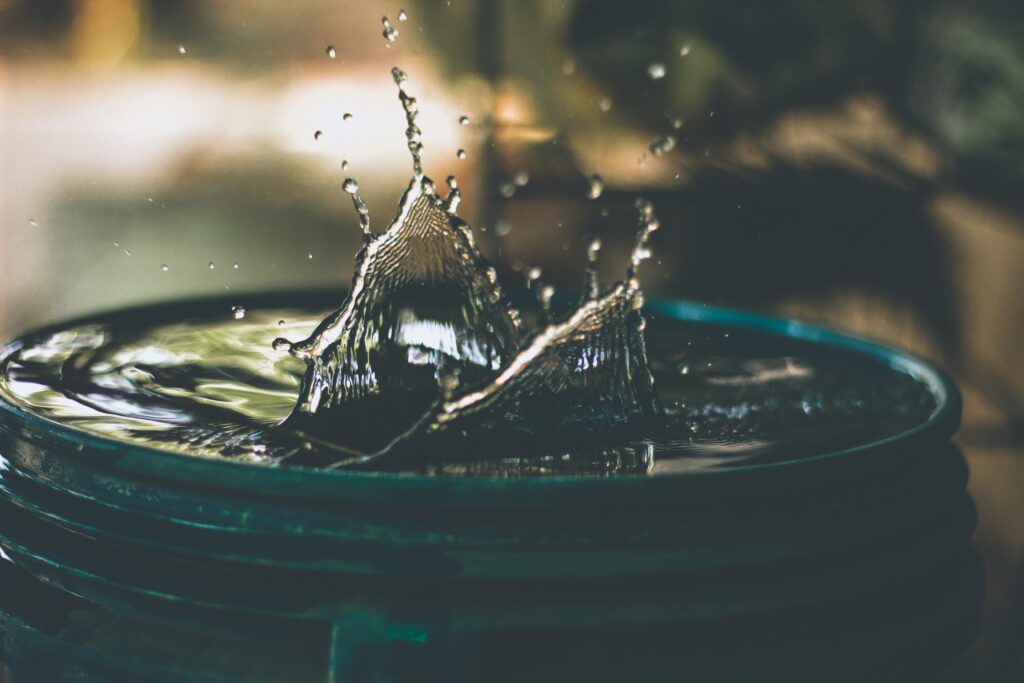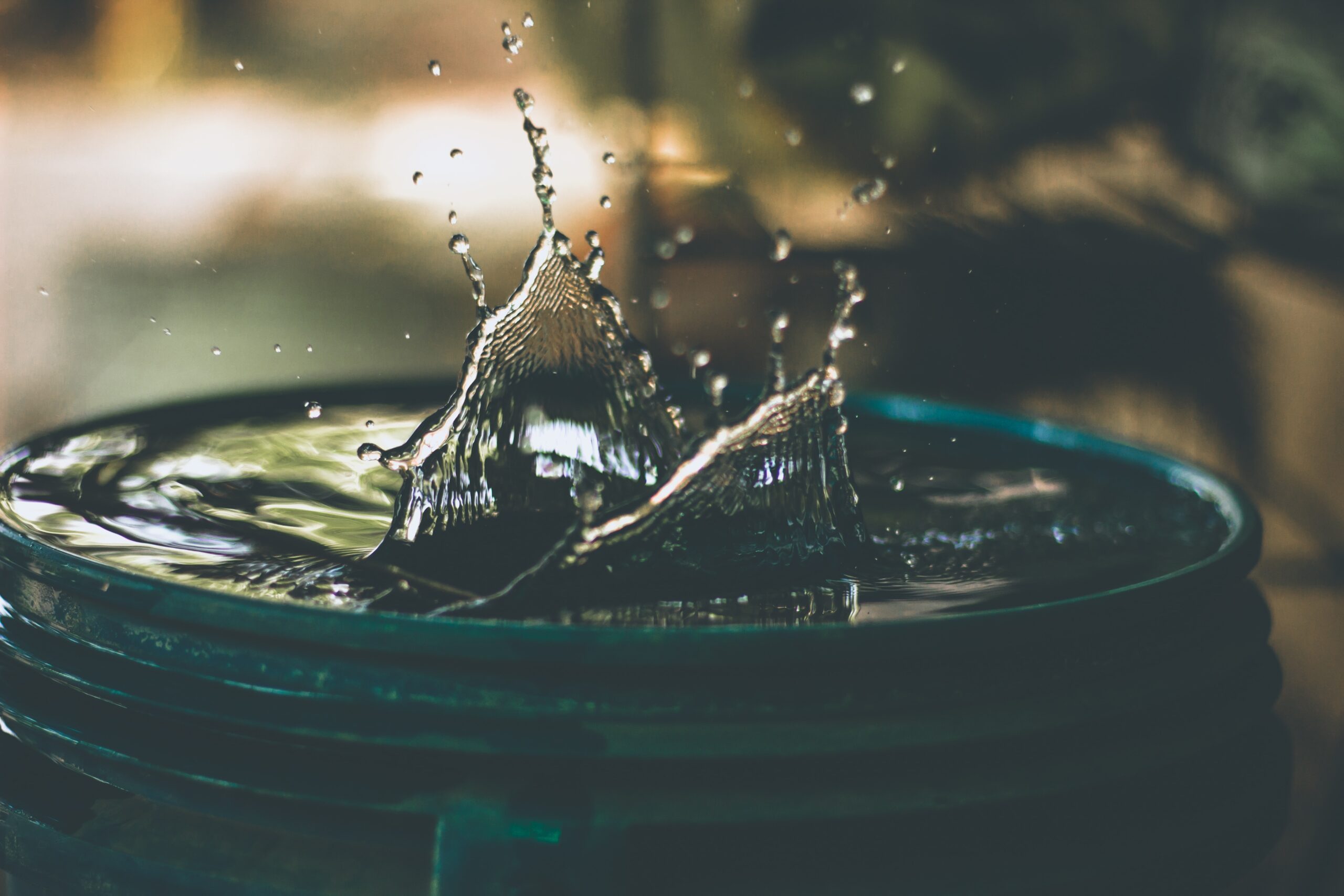Are you tired of waiting for hot water to fill up your shower or kitchen sink? Look no further than tankless water heaters! In this article, we will provide you with an in-depth analysis of the pros and cons of tankless water heaters, so you can make an informed decision about whether this ingenious appliance is right for you. Say goodbye to bulky water tanks and hello to endless hot water on demand!
Pros And Cons Of Tankless Water Heaters: An In-Depth Analysis



This image is property of images.unsplash.com.
Pros
Energy Efficiency
Tankless water heaters offer significant energy efficiency benefits compared to traditional tank-based water heaters. The key to their efficiency lies in their on-demand heating mechanism. Unlike conventional water heaters that constantly heat and store water in a tank, tankless water heaters only heat water when it is needed. By eliminating the need for standby heat, where energy is wasted on keeping the water hot at all times, tankless water heaters reduce energy consumption and help in saving utility costs.
Endless Supply of Hot Water
One of the primary advantages of tankless water heaters is the continuous supply of hot water. With a tankless system, there is no recovery time required, meaning you don’t have to wait for the water to heat up again after depleting the hot water supply. This is particularly beneficial for households with a high demand for hot water, as tankless water heaters can provide hot water for multiple simultaneous uses without the risk of running out.
Space Saving Design
Tankless water heaters have a compact and space-saving design that makes them ideal for smaller living spaces. Unlike traditional water heaters that require a large tank to store hot water, tankless models are considerably smaller and can be mounted on walls, saving valuable floor space. They also offer the option for outdoor installation, freeing up even more space indoors.
Longer Lifespan
Tankless water heaters have a longer lifespan compared to traditional water heaters. This is because they are subjected to less wear and tear. Without a tank to store water, tankless models are less susceptible to corrosion, leading to the longevity of the unit. Additionally, individual parts of tankless water heaters are easily replaceable, making maintenance and repairs more convenient and cost-effective.
Reduced Risk of Water Damage
Another advantage of tankless water heaters is the reduced risk of water damage. With no tank to leak or burst, the chances of water damage due to a faulty tank are eliminated. The continuous flow design of tankless water heaters also lowers the chance of water damage by preventing the buildup of excess water pressure.
Cons
Initial Cost
While tankless water heaters offer various advantages, their upfront cost is generally higher than traditional water heaters. The cost of a tankless system includes the purchase of the unit itself, as well as the additional installation expenses that may be required. However, it’s important to consider the long-term savings in energy costs and the extended lifespan of tankless water heaters when evaluating their cost-effectiveness.
Installation Complexity
The installation of a tankless water heater can be more complex than that of a traditional water heater. Proper venting is essential to ensure the safe removal of exhaust gases generated during the heating process. In some cases, an upgraded electrical system may be required to meet the power demands of the tankless unit. Due to these complexities, it is highly recommended to seek professional installation services, which may add to the overall cost.
Limited Flow Rate
While tankless water heaters offer an endless supply of hot water, they have a limited flow rate. This means that they may struggle to supply hot water to multiple high-flow appliances simultaneously. For households with multiple showers or appliances that demand a high flow rate, a larger capacity tankless water heater or a hybrid system may be more suitable.
Requirement for Regular Maintenance
To ensure optimal performance and extend the lifespan of a tankless water heater, regular maintenance is necessary. This typically includes flushing and descaling the unit to remove mineral deposits and sediments that may accumulate over time. Filter cleaning is also necessary to prevent any potential blockages. Periodic inspections are recommended to identify and address any issues before they escalate into more significant problems.
Potential Inconsistent Temperature
With multiple use points in a household, tankless water heaters may experience fluctuations in water temperature. This is particularly noticeable when hot water is being used in different areas simultaneously. The “cold water sandwich effect” can occur, where short bursts of cold water may temporarily interrupt the flow of hot water. While it may be a minor inconvenience, it can be mitigated by using various strategies, such as installing a recirculation pump or adjusting the temperature settings on the unit.
In conclusion, tankless water heaters offer numerous advantages, including energy efficiency, an endless supply of hot water, space-saving design, longer lifespan, and reduced risk of water damage. However, it is essential to consider the initial cost, installation complexity, limited flow rate, the need for regular maintenance, and potential inconsistencies in temperature before making a decision. Ultimately, the suitability of a tankless water heater depends on the specific needs and preferences of the household.



This image is property of images.unsplash.com.
